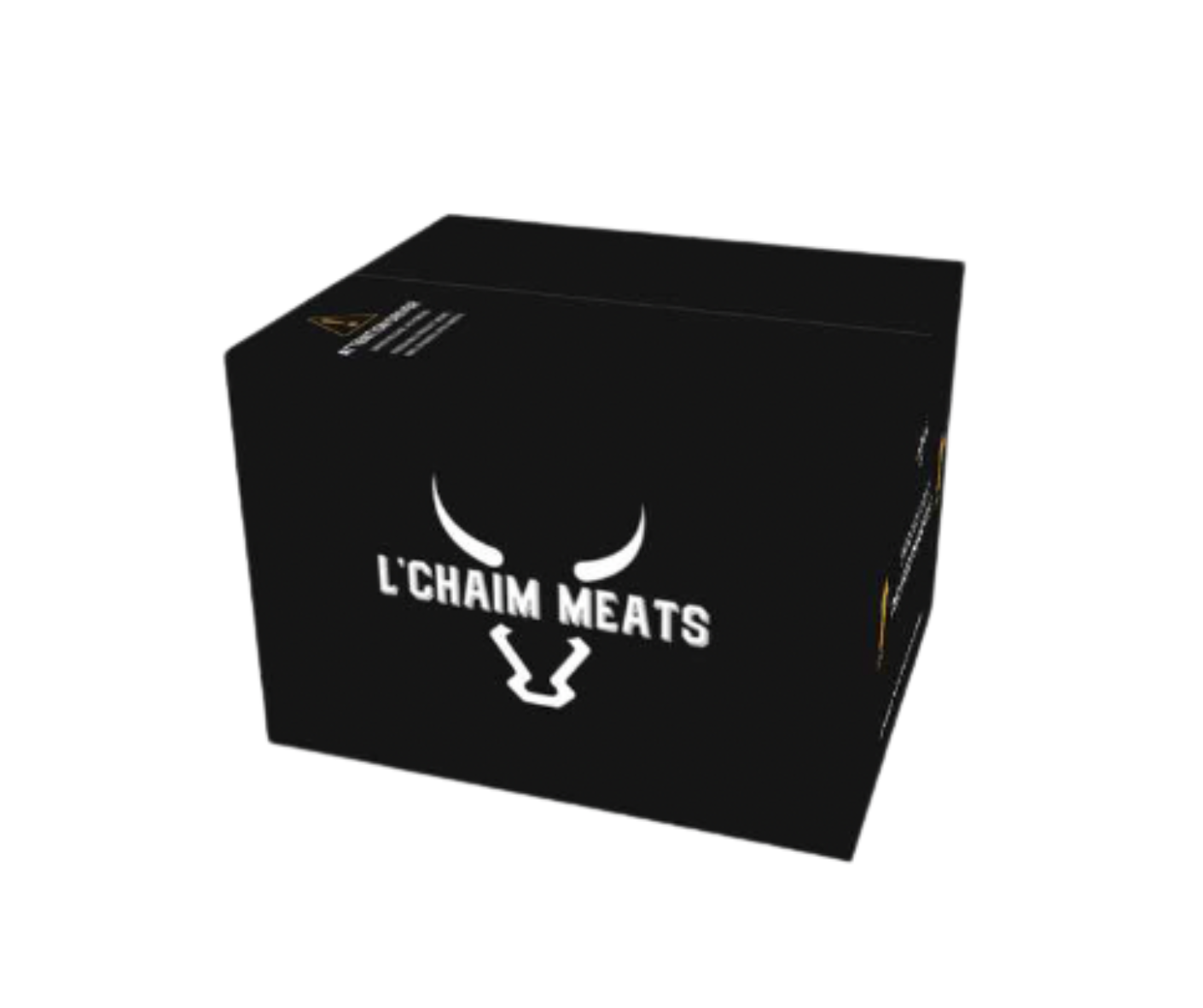Comparing Kosher and Organic Meats: What's the Difference?
When choosing the right meat for your table, factors like quality, ethics, and dietary preferences often come into play. Two terms that frequently appear in this conversation are kosher and organic. While both signify premium standards, they address different aspects of how meat is raised, processed, and certified. Let’s explore what sets these two apart and how L’Chaim Meats offers a unique perspective.
What Does Kosher Mean?
Kosher meats adhere to Jewish dietary laws (kashrut), which dictate everything from the species of animals that can be consumed to how they are slaughtered and prepared. Here are some key principles:
1. Animal Selection: Only specific animals, such as cows and chickens, are considered kosher. Additionally, these animals must be healthy and free of blemishes.2. Slaughter Process: Kosher meat must be slaughtered by a trained individual (shochet) using a precise, humane method to minimize pain.
3. Preparation: Blood must be fully drained, and the meat is salted to remove any remaining traces of blood.
These practices emphasize ethical treatment, cleanliness, and adherence to tradition, making kosher meats a choice for those prioritizing spiritual or cultural requirements.
What Does Organic Mean?
Organic certification, governed by national and international standards, focuses on how the animals are raised and the environment they live in. Key elements include:
1. No Chemicals or Additives: Organic meat comes from animals raised without synthetic hormones, antibiotics, or genetically modified feeds.2. Sustainable Practices: Animals are typically raised on organic pastures, ensuring sustainable farming practices that promote biodiversity and environmental health.
3. Animal Welfare: Organic standards often include requirements for humane living conditions, including space to roam and natural diets.
Organic meats appeal to consumers looking for clean, environmentally friendly, and ethically produced options.
Kosher vs. Organic: Key Differences
| Feature | Kosher | Organic |
|---|---|---|
| Primary Focus | Spiritual/religious adherence | Environmental and health concerns |
| Animal Treatment | Specific slaughter process | Humane living conditions |
| Certification Body | Religious authorities | Organic certifiers (e.g., USDA Organic) |
| Use of Additives | Does not address hormones/antibiotics | Prohibits synthetic additives |
L’Chaim Meats: Bridging the Gap
L’Chaim Meats offers an innovative approach by combining the best of both worlds. Their products are not only kosher-certified but also adhere to organic farming principles. This dual commitment ensures that you can enjoy meat that meets the highest standards of both ethics and sustainability.
By choosing L’Chaim Meats, you’re supporting a process that values traditional kosher practices while embracing modern concerns about health and the environment. Whether you're preparing a festive holiday meal or simply looking to provide your family with quality food, their meats deliver unparalleled quality and care.
Conclusion
While kosher and organic meats serve different purposes, they are not mutually exclusive. By understanding the differences and benefits of each, you can make informed decisions based on your dietary, ethical, and environmental values. If you’re looking for a choice that embodies the best of both, consider exploring L’Chaim Meats—a name synonymous with quality, tradition, and sustainability.



